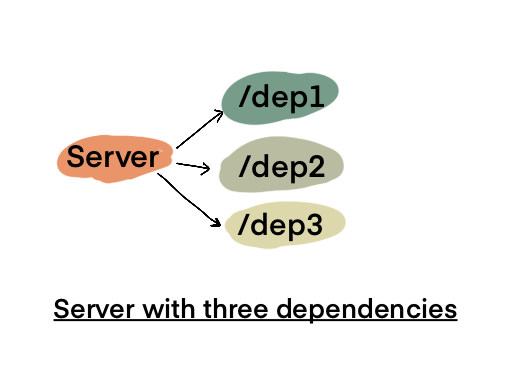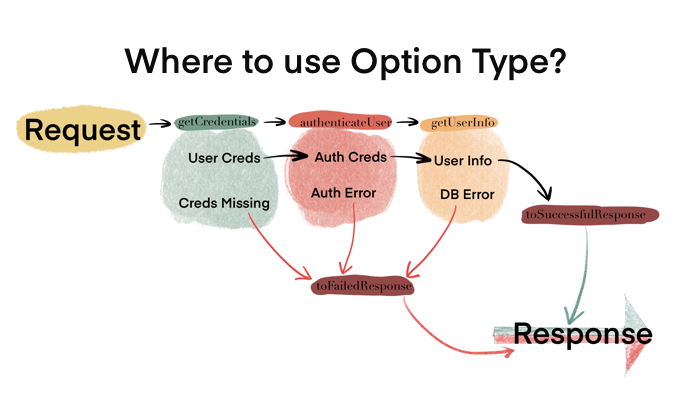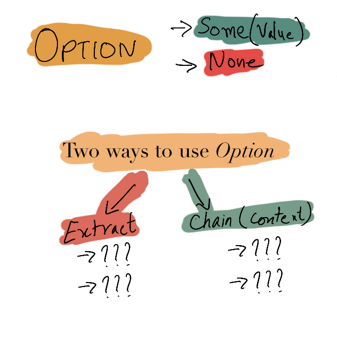Monte Carlo Method
In this essay I will talk about a term you might've come across when reading scientific literature or research papers. Idea is to develop gut feeling (intuition) for what the text is saying when Monte Carlo Method is mentioned.
Prerequisites
Monte Carlo Method (MCm) builds on top of other topics and concepts, taking time to understand them will make learning about MCm quite easy.
- Randomness in computers
- Law of Large Numbers
- System or Process Model
- Probability Distribution (Function)
- Deterministic Computation (Function)
- Markov Chain
 .
.

